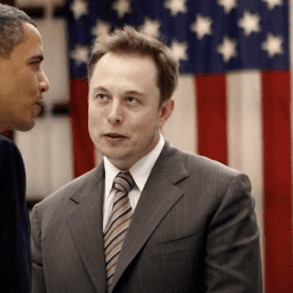


He has written for the NY Times, the Village Voice, American Theatre, Time Out NY, Reason, the Villager and numerous other publications. (is best known for his books "No Applause, Just Throw Money: The Book That Made Vaudeville Famous" (2005) and "Chain of Fools: Silent Comedy and Its Legacies from Nickelodeons to Youtube" (2013). At any rate, if you’d care to “bone up” on your Mae West, you’ll find 30 posts about her here on Travalanche, And of course watch this film! I guess this doc is the Divine Miss M.’s way of saving the phenomenon, as the astronomers used to say. I had a short conversation with the latter a couple of years back, and he informed me that the project had lapsed into morbidity. Bette was to play Mae in a bio-pic penned by Harvey Fierstein at one point. One can quibble with some of the impressions left by some of the interviewees (e.g., she didn’t invent the Shimmy she didn’t discover Cary Grant), but overall I stand by my assertion - it will be a very long time (if ever) before somebody tops this Mae West doc.īy the way, the film was executive produced by our glorious supporter Bette Midler. And there are lots of archival clips of interviews with Mae herself, including the spectacular one with Dick Cavett from her later years. The more scholarly/literary presenters include Molly Haskell, Emily Nussbaum, Mel Watkins, and Margo Jefferson (whom I must thank for writing the first major review of my book No Applause in the New York Times 15 years ago). Talking heads include Candice Berge n (who relates the controversy when Mae appeared on her dad’s radio show), Ringo Starr (who was in Sextette), Natasha Lyonne (who is often compared to Mae), Margaret Cho, The Lady Bunny, George Schlatter (producer of Ernie Kovacs and Rowan and Martin’s Laugh-In), and neo-burlesque star Deeta Von Teese. And the film-makers are conscientious in acquainting the viewer with vaudeville precursors like Eva Tanguay, Bert Savoy, and Bert Williams, all of whom influenced her. It explores her significance as a feminist hero, as a friend to the gay community (largely through her Jazz Age play The Drag and her Vegas stage shows), and as someone who took greater care than most of her contemporaries to present African Americans in a positive light ( Hattie McDaniel, Louise Beavers, Gertrude Howard, and Libby Taylor were among those she cast). It covers Mae’s vaudeville and Broadway years, her influences, her romances, her troubles with the authorities, her peak Hollywood years, her Vegas years, and her final period as a camp icon. Three cheers for the American Masters doc Mae West: Dirty Blonde, which we just caught on PBS.ĭirected by Julia Marchesi and Sally Rosenthal, there’s not likely ever to be a more through or compete feature on the topic of this boundary-busting firecracker.


 0 kommentar(er)
0 kommentar(er)
